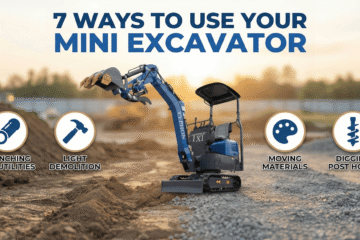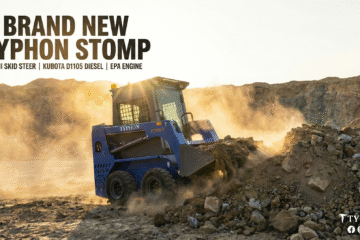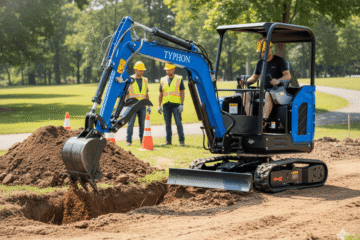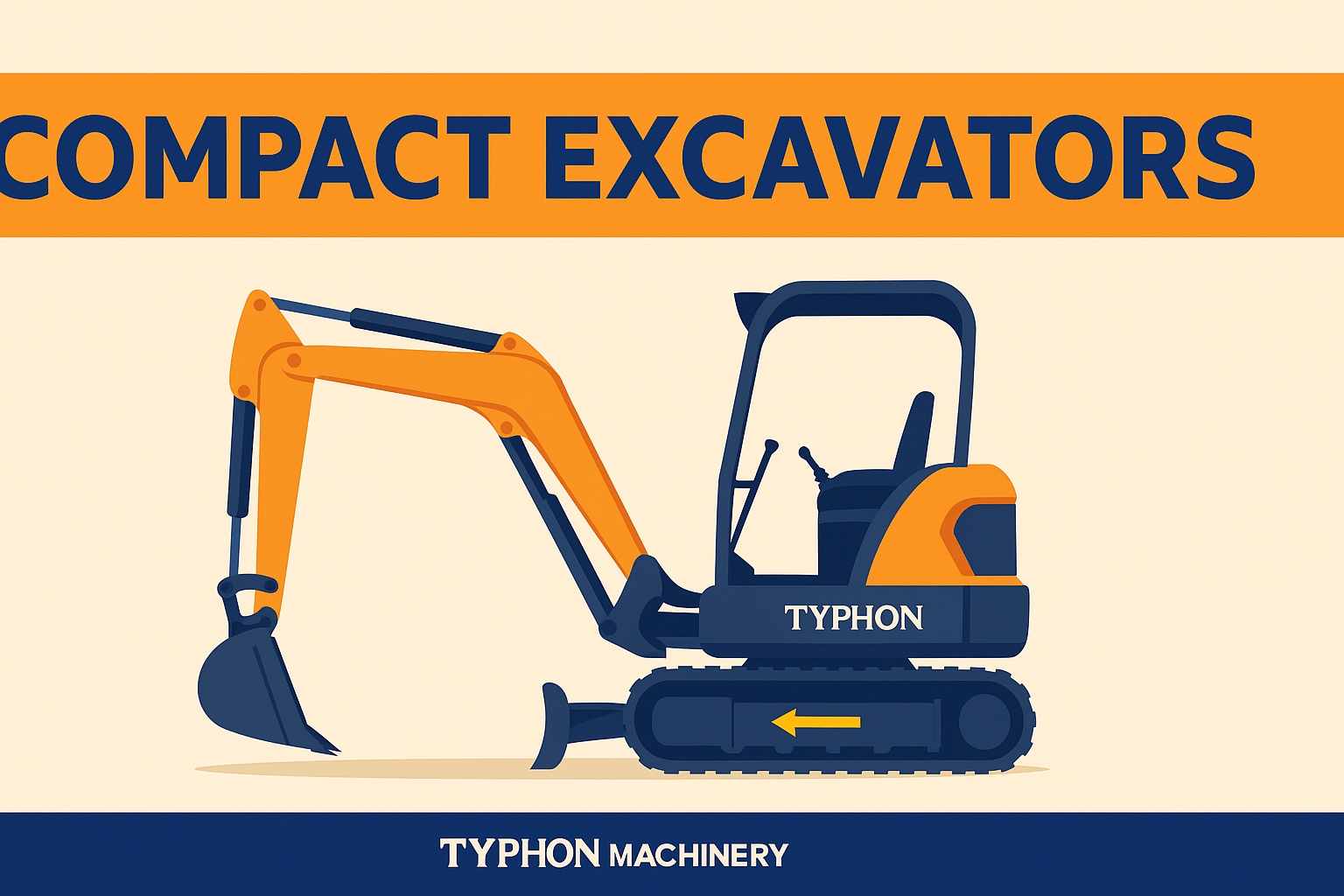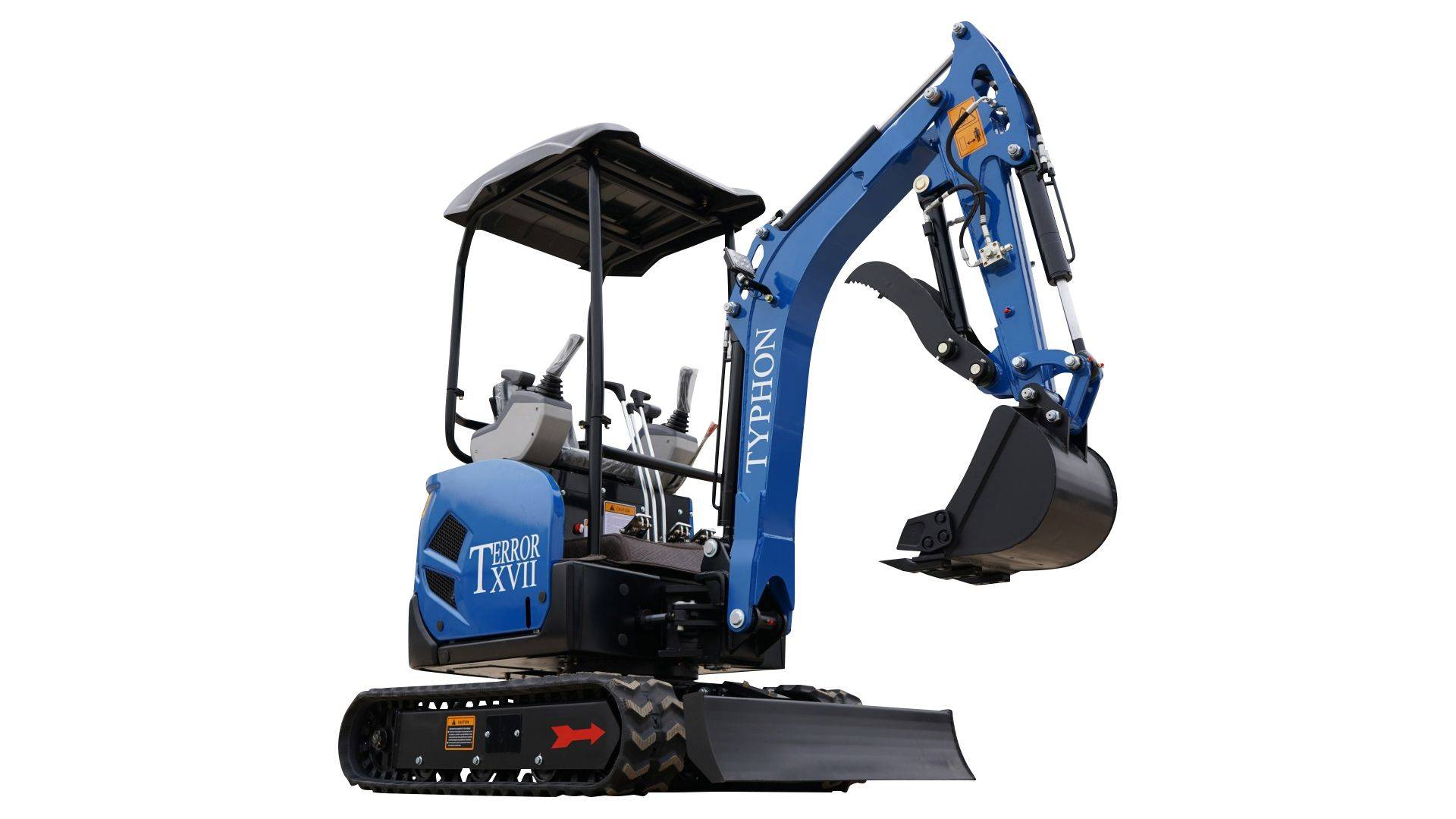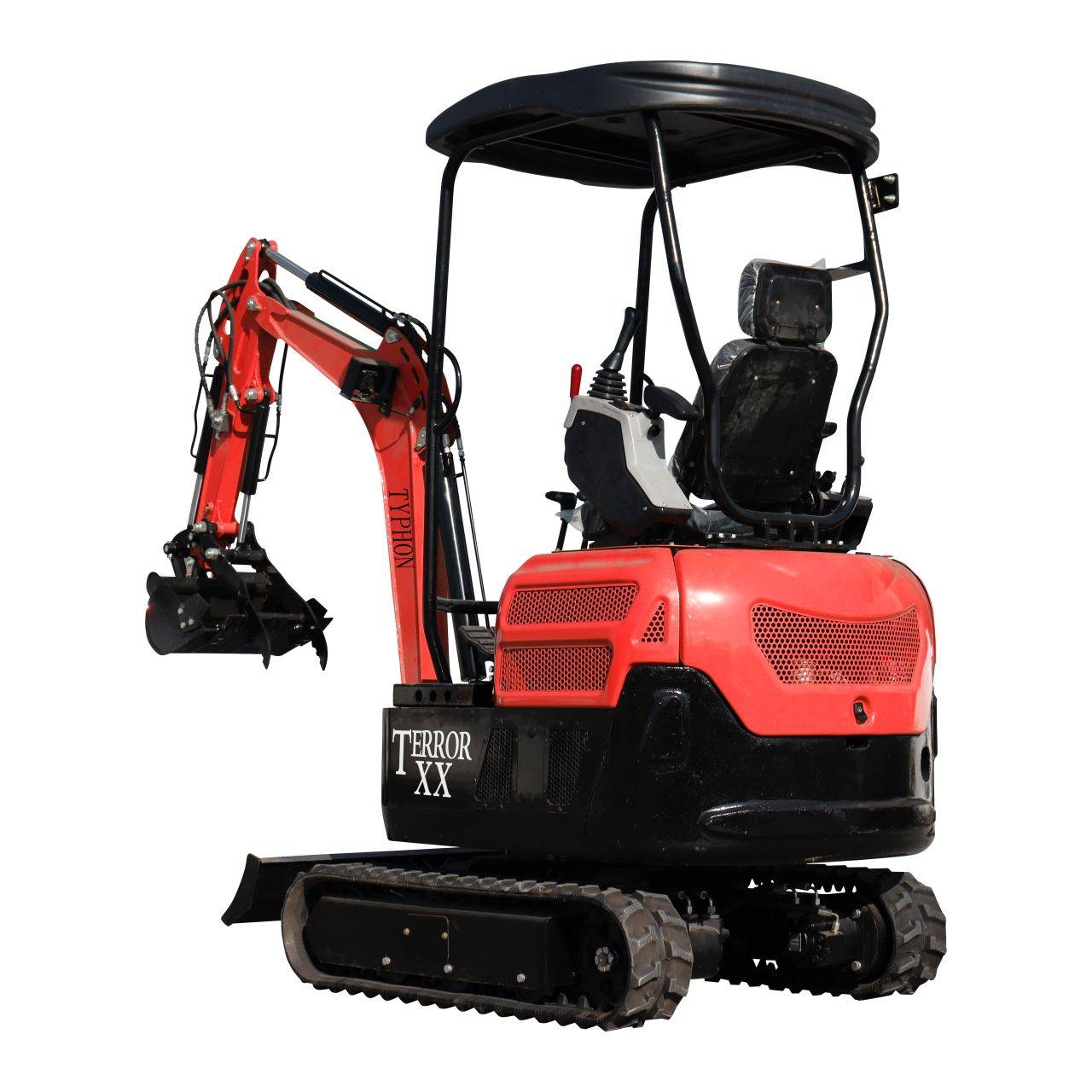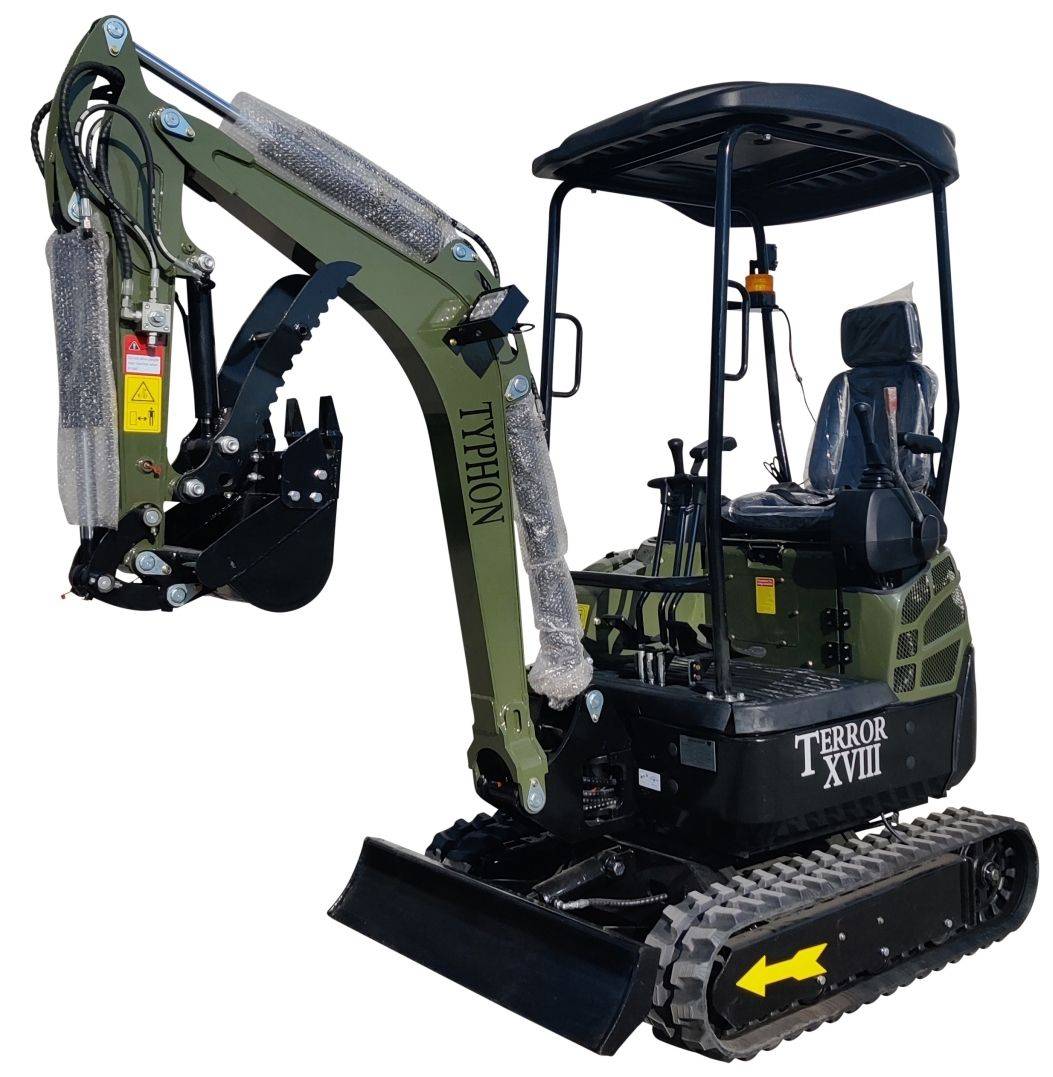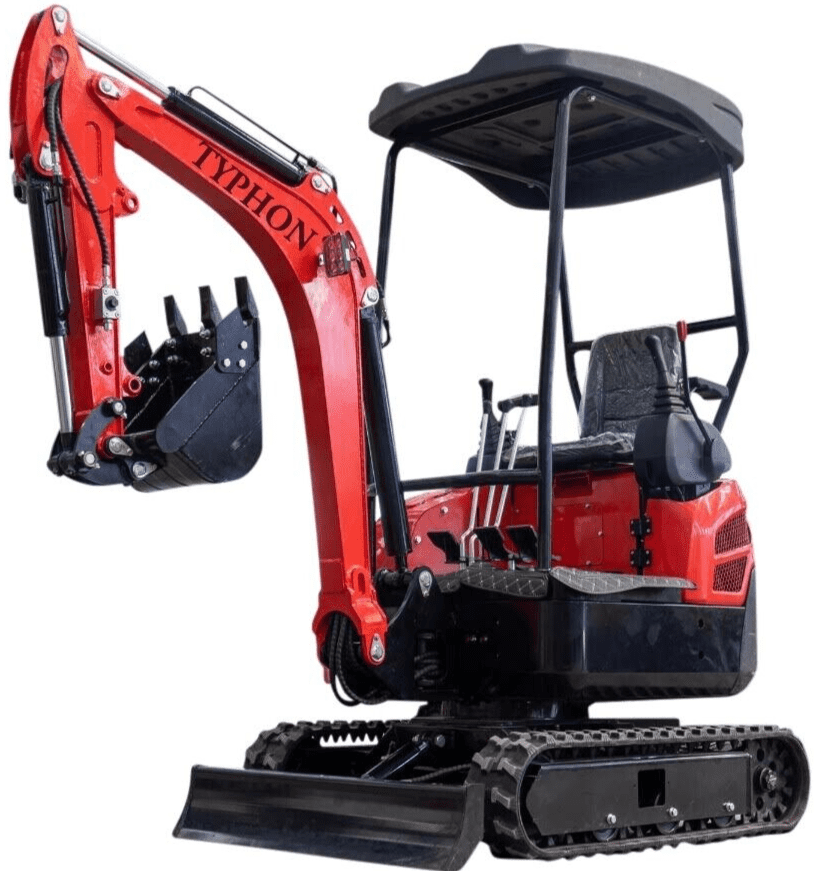
Transforming Machinery Sales: Your Guide to E-Commerce Success
The Machinery Sales Company has seen a clear shift as e-commerce sites have lately become somewhat prominent. Not only is this move from conventional face-to-face contacts to online markets a trend; it also drastically alters how machinery is sold and promoted.
Manufacturers and distributors have to change their sales plans to grab these digital possibilities as more industrial consumers utilize the internet for purchase. The increasing acceptance of e-commerce in this sector enables access to other markets and simplification of buying procedures, therefore changing the scene of machinery sales.
The necessity to adapt to technology is now clearer than ever. An increase in online machinery purchases shows that machinery companies must include e-commerce. Ignoring this advancement might reduce market competitiveness due to accessibility and efficiency.
Steps for Development of E-Commerce in Machining Sales
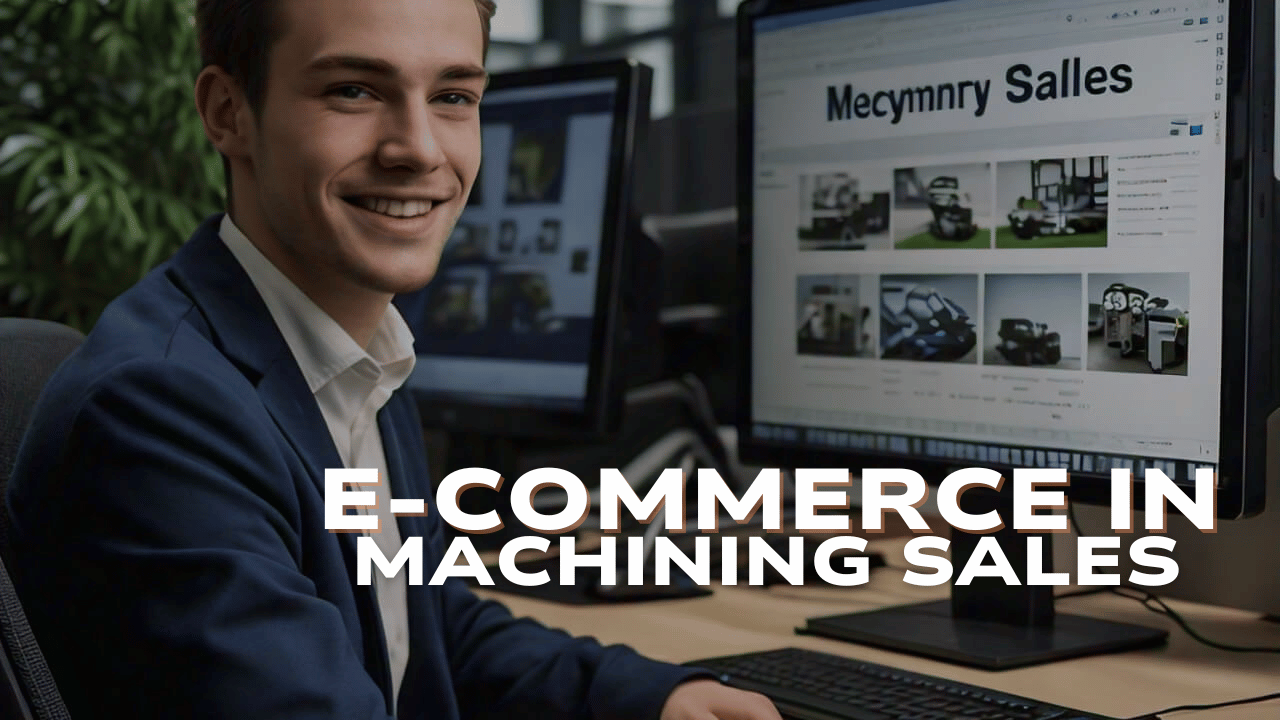
E-Commerce Expansion in Machinery Sales
Machinery sales are moving to e-commerce sites rapidly. Statista estimates that the global B2B e-commerce business will reach $6.7 trillion by 2023, demonstrating the increased preference for online purchases. According to a Thomas Net poll, 70% of industrial customers research products and services online before buying. These data demonstrate the growing importance of internet presence for manufacturers and distributors.
- Factors Motivating the Change: Many elements help to explain the growth of e-commerce in sales of machinery. Internet sites inspire people by letting them research and buy tools anywhere. For stores, 24-hour presence greatly expands their market reach. Thanks to e-commerce technology, small and mid-sized companies may now join internet markets with little initial outlay.
- Efficiency using technology: Efficiency is another significant factor pushing e-commerce. Online retailers that provide quick quotation tools, automatic order processing, and digital payment methods make purchases easier. These technologies minimize transaction times and eliminate mistakes associated with conventional sales methods. Companies such as Caterpillar have gained shorter delivery times and more customer satisfaction by using sophisticated e-commerce technologies.
- Changing Customer Characteristics: The changing customer profile has a significant impact on this trend as well. Younger decision-makers, who are adopting leadership positions more and more, want digital buying experiences over conventional ones. Unlike previous generations who appreciated in-person interactions, these tech-savvy consumers want flawless, contemporary online tools. E-commerce sites meet their needs; hence, they are quite essential for companies trying to remain competitive.
Benefits of Online Machinery Sales
Machinery sales via e-commerce have increased supplier and buyer market access. Geographic constraints and specialized machinery limited machinery buyers in the past. Today, online marketplaces remove these boundaries so consumers may quickly engage with global vendors. Global machinery research, comparison, and purchase provide consumers new options. An industrial customer in Canada may quickly examine German or Japanese items without considering transit issues.
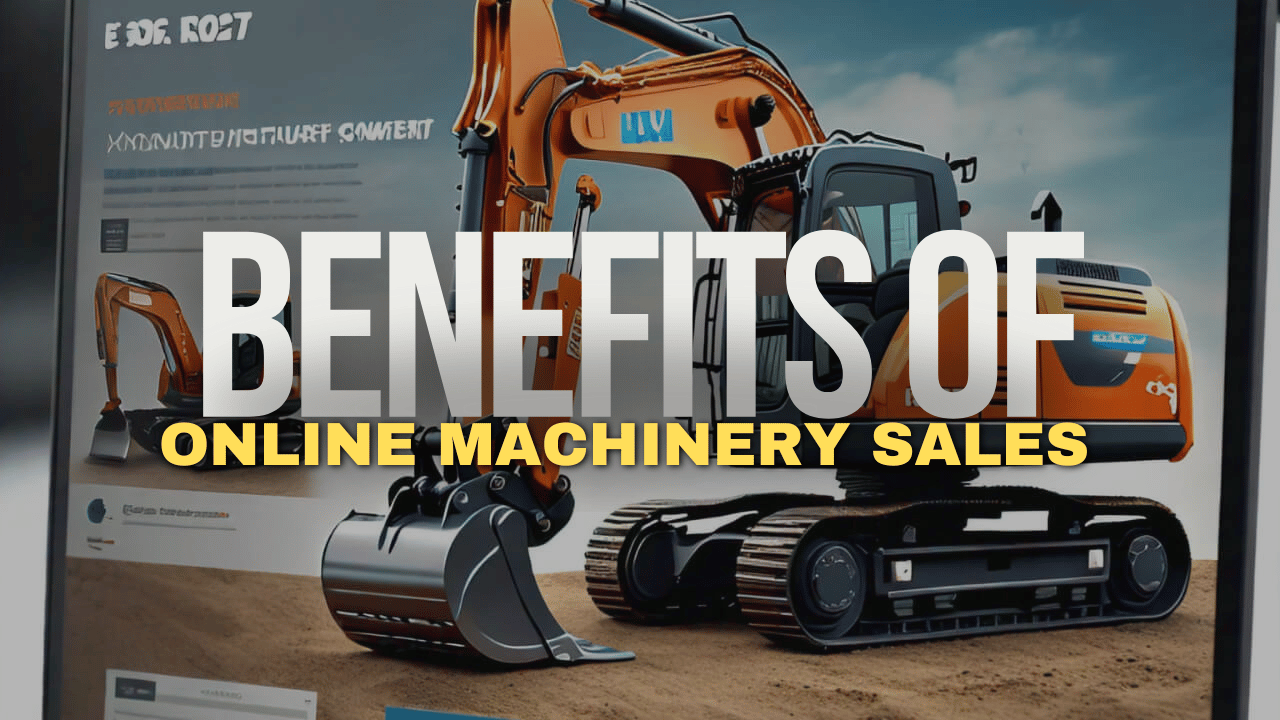
- Simplified Purchase Policies: E-commerce models streamline machinery acquisition via simplified purchase policies, saving time and effort for all involved parties. Automated systems enable customers to make purchases with a few clicks, avoiding time-consuming sales contacts and paperwork. Technologies such as instant quotes and real-time inventory updates allow data-driven decisions that increase efficiency. As a result, organizations may be able to reduce purchase lead times while increasing operating capacity.
- Enhanced Marketing Reach by Application of Digital Strategies: In the digital age, machinery businesses have improved their marketing reach via online channels. Targeted social media marketing and SEO help firms reach specific audiences. PPC advertising targets suitable consumers by emphasizing machinery type or industrial specialized keywords. Companies may reach a larger and more targeted audience with this technique.
- A long-term strategic benefit: Beyond just convenience, using an online sales approach provides international access, fastest processing times, and expanded market reach. Companies that want to expand in a technologically influenced industry must welcome these benefits. Using e-commerce trends will let machinery manufacturers establish themselves for long-term success in a continuously evolving sector.
Key traits of Successful Online Stores
- User-friendly interfaces for flawless navigation: A strong e-commerce system for machinery sales provide top priority to a user-friendly interface guaranteeing perfect navigation. The first image that prospective consumers get from browsing an online market may greatly affect their choice of purchase. Customisable dashboards let consumers filter tools based on manufacturer, price range, or product kind. For industrial purchasers, logical classification, well-defined product listings, and immediately available information free from too much scrolling or clicking help to simplify the buying process.
- Value of mobile optimization: Mobile optimization is essential for e-commerce systems targeted on machinery sales in the multi-device environment of today. For many consumers, tablets and smartphones meet their shopping demands; so, websites must provide a consistent and pleasing user experience on all devices. This results in lowering loading times and ensures critical functions like cart management and product comparisons run well on smaller monitors. One especially notable example is a large heavy machinery dealer that switched to a flexible website design and had a significant rise in mobile revenue.
- Advanced Search and Filtering Features: To move heavy gears, comprehensive search and screening is the initial requirement. Users can use various forms on internet, like predictive text input, voice search, picture recognition, and product photo submission may quickly identify things. These innovations accelerate search and reduce user irritation by eliminating the need to explore large databases. Extensive filters allow users to rapidly narrow their searches based on horsepower ratings or brand, increasing the overall experience.
- Improving user experience to provide competitive advantage: Investing in these essential elements improves the whole user experience and builds client confidence in the machinery sales industry, therefore promoting repeat business. Unquestionably, people are moving to digital platforms; those that regularly improve their user interfaces and mobile responsiveness will probably have a competitive advantage in the packed online market for industrial machinery.
Strategies for Excellent Internet Marketing
- Leveraging SEO to Boost Visibility in Machinery Sales: SEO helps to Increase machinery Sales visibility, which leads to increased machinery sales exposure in a competitive market that mostly depends on search engine optimization (SEO). By using perfect keyword research, businesses may focus on their audience. SEO could be improved by using industry-specific terms like “heavy-duty construction machinery” or “industrial CNC machines” into the architecture and content. Alt text and image meta tags help search engine relevance, customer experience, and traffic.
- Social Media: A Powerful Digital Tool for Brand Promotion: Through targeted marketing initiatives, machinery makers and distributors may reach bigger audiences through different modes of social media platforms. For example, LinkedIn lets firms target B2B customers with personalized advertisements for new items or special promotions. Vendors may entice consumers and build brand loyalty by posting case studies, machinery videos, and infographics on social media. Engaging with consumers on social media creates trust and engagement, making it essential to digital marketing.
- Engaging Content Marketing to Drive Customer Interest: Content marketing boosts internet marketing initiatives by giving relevant information to prospective customers. Industry updates, tool comparisons, and machinery maintenance blogs build trust. Industrial customers researching purchases may like articles on how automation is changing manufacturing. High-value content that addresses target consumers’ pain points improves experience and boosts sales.
- Integrated Online Marketing: A Path to Lasting Success Companies need integrated online marketing strategies to increase brand recognition and client loyalty in the digital economy. SEO, social networking, and content marketing can help machinery e-commerce succeed as it grows. Businesses may boost exposure, acquire loyal consumers, and compete in a fast-changing market by emphasizing these characteristics.
Developing Trust in a Digital Market
- Building online market confidence: When selling expensive machinery that buyers cannot see, trust is crucial in the digital economy. Detailed product descriptions must contain machinery operating capabilities, measurements, and specifications. Beautiful photos from several angles may help purchasers understand their purchase. Real-world machinery displays stress its usage and provide context, building client confidence.
- The Value of Client Reviews: Testimonials and reviews help to strengthen web presence. Purchases of customers typically reflect their past experiences. By letting consumers remark on product dependability and performance, reviews help to address quality issues and provide social proof. On their product websites, companies might build credibility by prominently showing average ratings and favorable reviews.
- Policy Transparency: Build trust in online machinery purchases demands for clear warranties and return procedures. It allows customers to reduce their worry by giving them accurate, complete refund, exchange, and post-purchase information. Policies on warranties and refund returns show commitment to customer satisfaction and quality. This assures customers that risks are lowered, therefore boosting their confidence.
- Ensuring market reliability: Establishing trust in the competitive digital market by way of extensive product information, good customer testimonials, and transparent policies benefits firms. These changes are supposed to increase conversion rates and consistent commerce, thereby enabling retailers to achieve long-term success in the machinery sales industry.
Beyond Challenges in E-Commerce Conversion
- Data Privacy and Security Challenges: Data security and privacy are the biggest issues of e-commerce. Sensitive client data must be protected to maintain customer confidence and comply with GDPR. Companies need firewalls, encryption, and security audits. Staff training on phishing and data management procedures is also essential to avoid data breaches.
- Improve Supply Chain and Logistics: Supply chain management and logistics must be prioritized for online businesses. Quick machinery delivery depends on inventory management and transportation. Advanced software monitors inventory levels across many sites in real time, eliminating delays and supply chain bottlenecks. Reliable logistics suppliers speed delivery and save costs.
- Technology-Adaptation Training for Staff: Staff training for new technology is essential for e-commerce transitions. Digital ignorance typically causes change resistance, making extensive training necessary. Training programs should include technical abilities like e-commerce platform navigation and operational insights like CRM tool use. Employees may boost sales and marketing by understanding these technologies.
Sales of Machinery: Emerging Patterns
- Machinery Sales with Technology Advancements: Technology advancements change consumer preferences, which will help machinery e-commerce grow. VR/AR will enable buyers to engage with machines in virtual environments. OEMs may develop VR showrooms where customers may “walk” around digital spaces and view machinery from every angle. It targets globally-minded clients who lack time or means to travel.
- Enhance E-Commerce with AI/ML: By using AI and ML in e-commerce platforms, one can enhance consumer experience and supply chain services. Artificial intelligence might suggest machinery dependent on prior purchases, therefore simplifying industrial procurement. Predictive analytics and machine learning might help inventory control and price reduction by supporting each other. New technologies provide faster transactions and more satisfied consumers.
- Transforming Security and Trust with Blockchain: Blockchain technology will change industrial sales. Distributed ledger blockchain may increase payment security and transparency. Verifiable transaction histories, needed for purchasing high-value machinery, boost stakeholder trust with this technology.
- E-commerce and sustainability: As companies prioritize sustainability, machinery e-commerce platforms may become green. Energy-efficient products and online carbon footprint comparisons may be available in digital marketplaces. These trends suggest that B2B clients value sustainability more and require machinery sales groups to adapt to a more tech-driven and green market.
Final Thought
Overall, e-commerce offers unequaled machinery sales potential. Online selling platforms make buying and selling easier for customers and sellers. E-commerce solutions improve market reach and simplify buying, which are crucial in today’s competitive climate.
Machinery companies must adapt to the digital environment to stay competitive. Develop clever online marketing tactics, generate confidence via honest communication, and solve cybersecurity and logistical issues. These methods keep organizations relevant in a changing industry and improve machinery sales.

